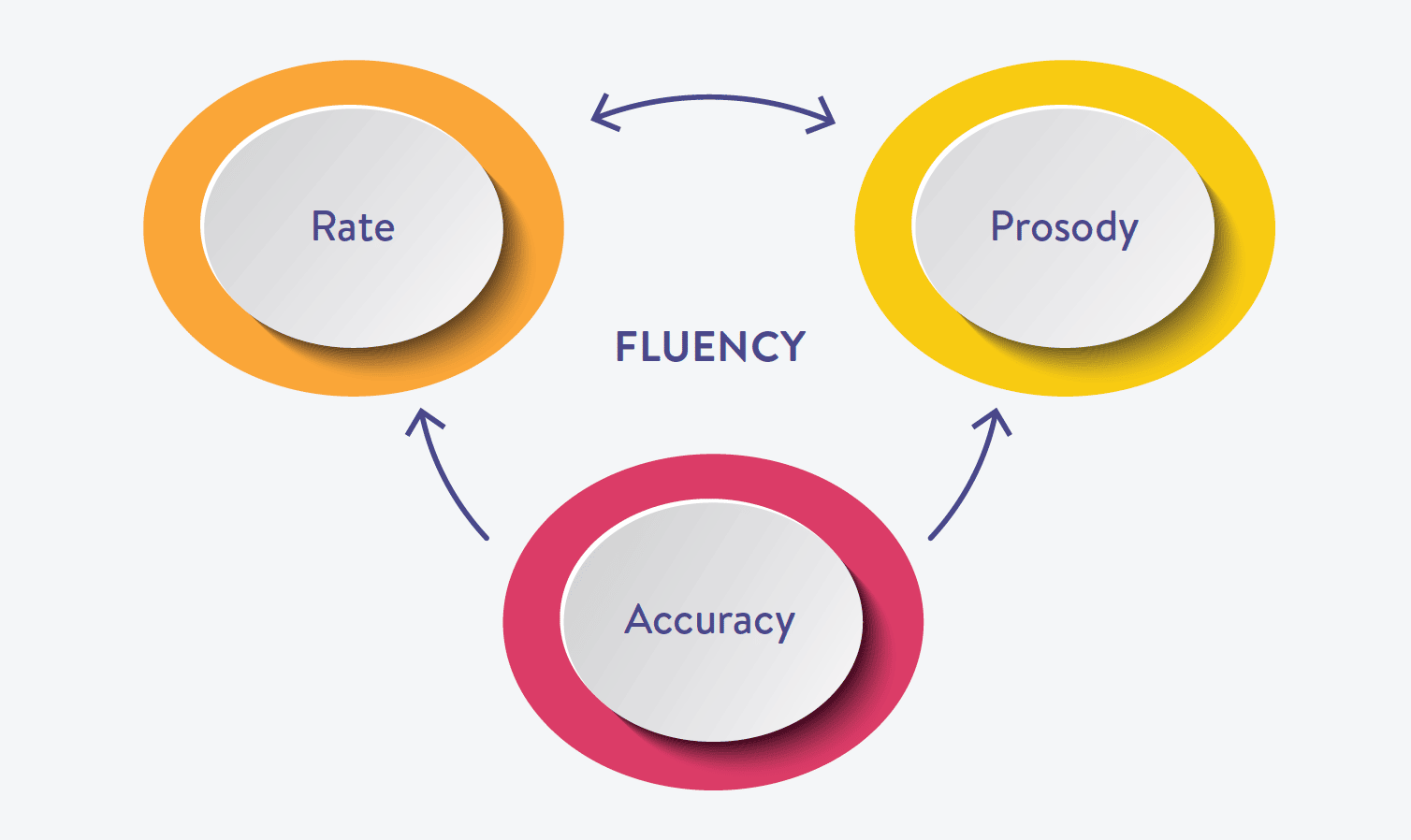The ability to speak clearly and efficiently in English, exhibiting ease of expression and comprehension, is referred to as fluency. It involves the fluid integration of language and grammatical rules to communicate ideas, concepts, and information in a cohesive manner; it goes beyond merely knowing them. Fluency is important for English language competency in a number of ways.
Communication Skills: Effective communication requires fluency. A speaker who is fluent may express ideas and thoughts with ease and in a natural flow of words. Better interaction in written and oral communication is made possible by this.
Expressiveness: People who talk fluently are able to communicate more clearly and imaginatively. They can communicate with more complexity and emotion because they have a broader vocabulary and are adept at using linguistic strategies.
Listening comprehension: People who speak fluently are more adept at understanding spoken language, recognising nuances, slang terms, and changes in emphasis and tone. In order to communicate effectively in everyday situations, this is necessary.
Reading Comprehension: Quick and easy comprehension of written material is a skill of fluent readers. They don’t have to struggle to understand complicated vocabulary or grammatical structures in order to understand the meaning of sentences and paragraphs.
Writing Proficiency: Coherent and clear thinking expression is a hallmark of fluent writers. They are able to apply proper linguistic rules, rationally arrange ideas, and craft a compelling story.
Academic and Professional Success: Fluency is frequently a critical component of success in both academic and professional contexts. It gives people the confidence to take part confidently in meetings, presentations, and conversations. Effective report writing, research paper writing, and other document writing are also enhanced by it.
Cultural Integration: Being able to communicate fluently in English is essential for anyone hoping to work in a multicultural setting or integrate into English-speaking communities. It promotes understanding, eases social interactions, and lessens the likelihood of misunderstandings.
Career Advancement: Effective communication is a critical ability in many professional sectors. English proficiency can improve employment prospects and professional growth, particularly in positions requiring cross-border cooperation or communication.
People frequently concentrate on routinely practicing speaking, listening, reading, and writing in order to become fluent in English. Fluency can be developed by language immersion activities such as reading books, watching films, having conversations, and taking part in language exchanges.

